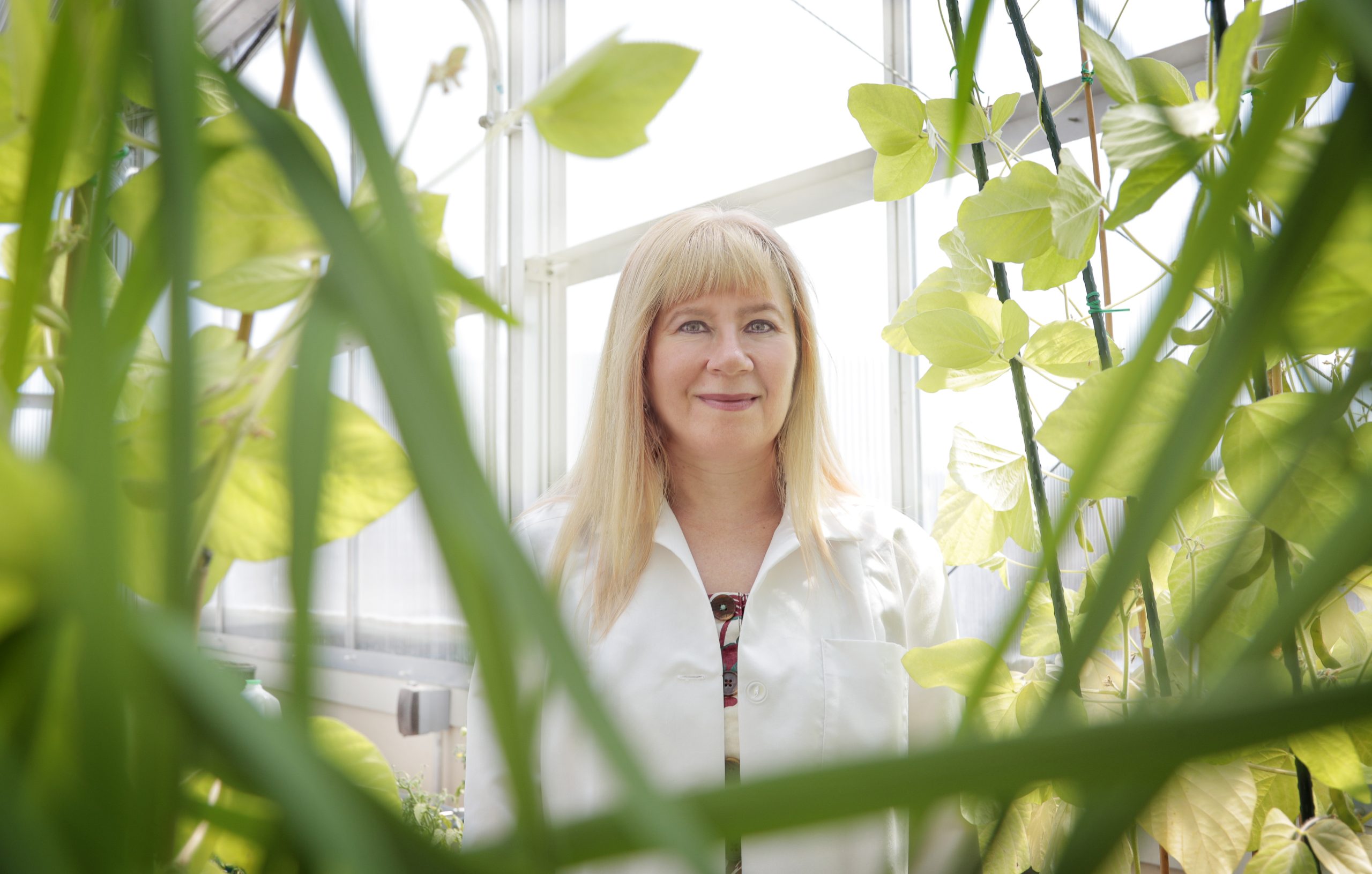UA Little Rock researcher receives $100,000 to study plant stress tolerance for space exploration
Dr. Mariya Khodakovskaya, professor of biology in the University of Arkansas at Little Rock’s College of Arts and Sciences, has received $100,000 from NASA to discover how to improve sustainability and stress tolerance in plants developed for exploration of Mars.
For humans to explore new planets such as Mars, they must be able to sustainably grow plants and crops in environments without an abundance of water. Khodakovskaya will investigatehow applying carbon nanomaterials, such as graphene and carbon nanotubes, can affect and enhance plants’ tolerance to drought stress and other environmental factors. Khodakovskaya will apply this technology to valuable agricultural crops such as rice and soybeans.
“Nano-agro technology is a cheap and efficient way to reduce the use of water in greenhouses to specifically produce plants for human exploration on other planets,” Khodakovskaya said. “Hopefully, this will allow space explorers to grow plant food sources on Mars one day.”
She expects the project to generate data for more extensive investigation.
Dr. Mariya Khodakovskaya is growing rice and soybeans with minimal amounts of water in her greenhouse laboratory at UA Little Rock. Photo by Benjamin Krain
